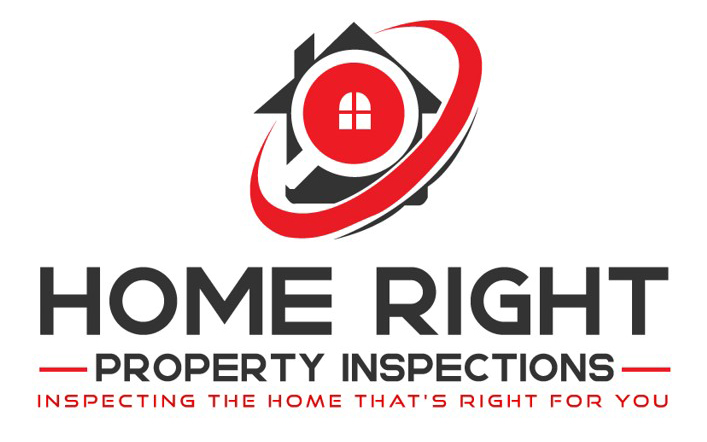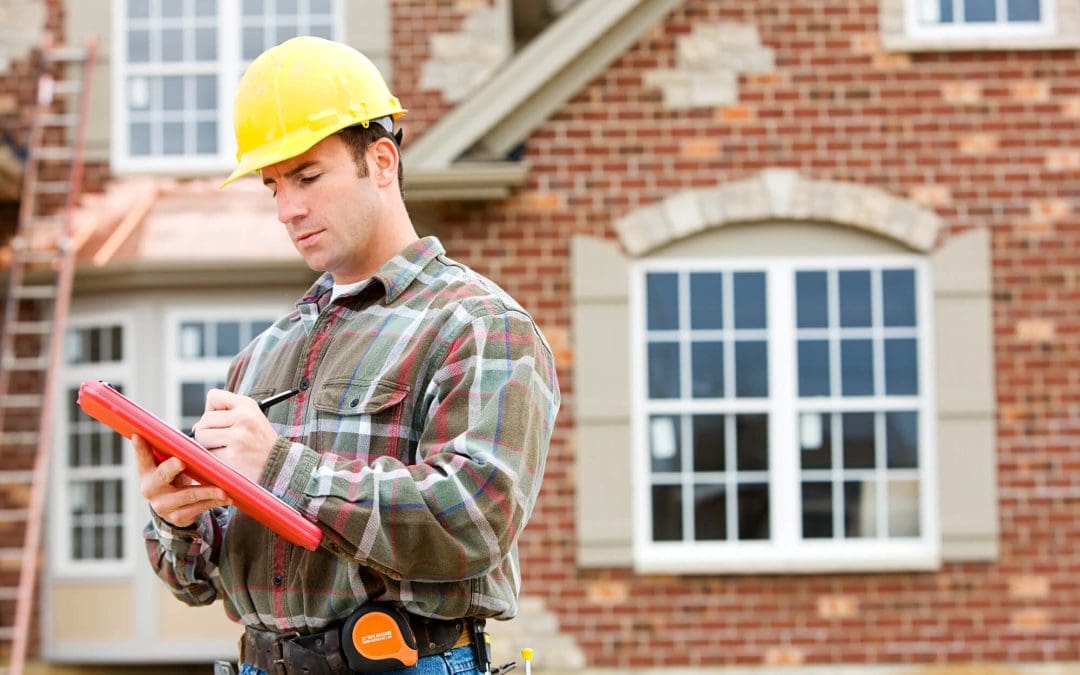When buying a home, the inspection is one of the most critical steps. A good home inspection can reveal hidden issues and provide peace of mind, while a poor one can leave you with expensive surprises. As a home inspector, I’ve seen the difference a thorough inspection makes in a buyer’s confidence and understanding of their potential home. Finding the right home inspector isn’t just about checking a box; it’s about knowing you’re making a well-informed decision. Here’s how to find the best inspector for your situation.
Finding the Right Home Inspector: Look for Proper Credentials
Start by verifying that your potential home inspector has the appropriate qualifications. Home inspectors may be required to hold a license or certification, depending on your state. Ask about their training, education, and memberships in professional organizations like the American Society of Home Inspectors (ASHI) or the International Association of Certified Home Inspectors (InterNACHI). These affiliations often indicate a commitment to ongoing education and high industry standards.
It’s also worth checking if the inspector has specialized training in radon testing, mold inspections, or structural assessments. If your potential home has unique features, such as a swimming pool or septic system, make sure the inspector has experience evaluating those elements.
Experience Matters
While credentials are essential, experience adds another layer of expertise. A seasoned inspector will likely have encountered many issues and developed a keen eye for spotting potential problems. Ask how long they’ve been in business and how many inspections they’ve completed. If you’re buying a historic home or a newly constructed property, inquire about their experience with those specific types of buildings.
An experienced inspector can also communicate their findings clearly and effectively, helping you understand the implications of any issues uncovered.
Check Their Sample Reports
A good home inspection report provides a clear, detailed picture of the home’s condition. Ask potential inspectors for a sample report to evaluate their level of thoroughness and communication. A high-quality report should include photos, descriptions of issues found, and clear explanations of their significance. It should also outline recommended next steps, whether seeking a specialist’s opinion or budgeting for repairs.
Reports that are vague, overly technical, or lack detail can leave you more confused than confident. Look for an inspector who presents information in a way that makes sense to you.
Ask About Their Process
Every home inspector takes a different approach to the job. Before hiring one, ask about their process to understand what the inspection includes and how long it typically takes. A standard inspection usually covers structural components, the roof, HVAC systems, electrical and plumbing systems, and major appliances. Additional inspections like radon or pest evaluations might cost extra.
Also, confirm that the inspector will encourage you to attend the inspection. Being present lets you see potential issues firsthand and ask questions in real time, making the experience much more educational.
Read Reviews and Get Referrals When Finding the Right Home Inspector
Word of mouth and online reviews can be incredibly valuable when selecting a home inspector. Ask your real estate agent, friends, or family for recommendations, but remember to research. Read online reviews to understand an inspector’s reputation and customer satisfaction. Look for consistent praise for thoroughness, professionalism, and clear communication.
If a name keeps popping up in your searches or recommendations, it’s usually a good sign.
Consider Value Over Cost
While choosing the cheapest option is tempting, a low-cost inspection might not deliver the comprehensive evaluation you need. Focus on finding an inspector who provides the best value for their services. A slightly higher fee can be worth it if it means a more experienced professional or a more detailed report. After all, the home inspection cost is minor compared to your investment in the property.
Choosing the right home inspector helps you make a confident, informed decision about one of the biggest investments of your life. By following these tips, you’ll find a professional who will inspect the property and guide you through the process with expertise and care.
FAQs About Finding the Right Home Inspector
Why do I need a home inspection?
A home inspection clearly explains the property’s condition, helping you make an informed decision and potentially negotiate repairs or price adjustments with the seller.
How long does a home inspection take?
Most inspections take 2-4 hours, depending on the size and complexity of the home. Additional time may be needed for specialized inspections.
Can I attend the inspection?
Yes, and it’s highly recommended. Attending the inspection allows you to ask questions, gain insights into the home’s condition, and better understand the findings.
What does a home inspection cover?
A standard inspection covers structural elements, the roof, electrical and plumbing systems, HVAC, and major appliances. Specialized inspections for pests, radon, or mold may be available for an additional fee.
What if the inspector finds issues?
Most homes have at least some minor problems. Your inspector will help you understand the severity of the issues and suggest next steps. Significant concerns can be used as leverage during negotiations or as a signal that it’s time to walk away.
Home Right Property Inspections offers inspections to homebuyers and sellers in Southern California. Contact us to request our services.

